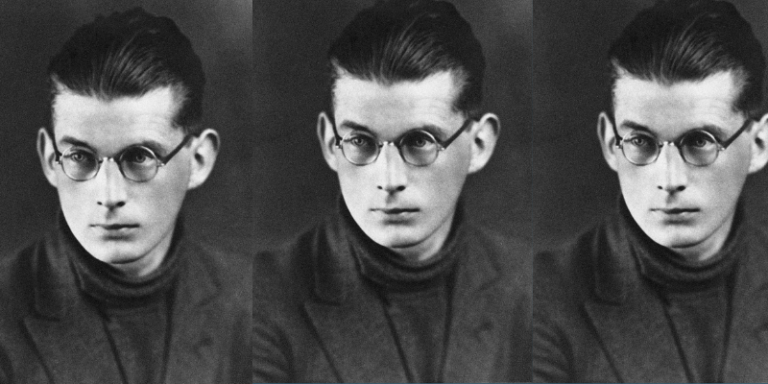Paris, June 1930. At 3.00 in the morning, Nancy Cunard quickly writes a letter to her friend Louise Morgan, American journalist and editor at magazine: We found a poem, a beauty, by a poet—so much so that it must be printed by itself.
Irishman of 23, Ecole Normale here, that’s all I know, but am seeing him tomorrow. Richard says many of the allusions are to Descartes. I shouldn’t have known.

Much in it none of us will ever know, and the whole thing so good it proves again the rest doesn’t matter. Will you announce please that the Hours Press prize for best Time poem is awarded to Samuel Beckett. “Richard” is Richard Aldington (1892–1962), novelist, poet, one-time husband of Hilda Doolittle (the poet ‘H.
D.’), and, in Nancy Cunard’s words, a friend “ever full of ideas for me to take up.” Aldington’s most recent idea had been for a poetry competition for Cunard’s Hours Press, a way to flush out unknown talent and so find a new author for a small, one-woman printing press that had until that point only published already well-known writers such as George Moore, Robert Graves, and Arthur Symons.
“Let us make it a poem on Time,” Aldington said, immediately decisive. “On any aspect of Time.” One hundred lines maximum: much better an “exquisite rhyming epigram” than something “half the length of the .
” The announcement of the competition was printed quickly in red ink on small square cards which Cunard posted out to literary journals in Engl.
















